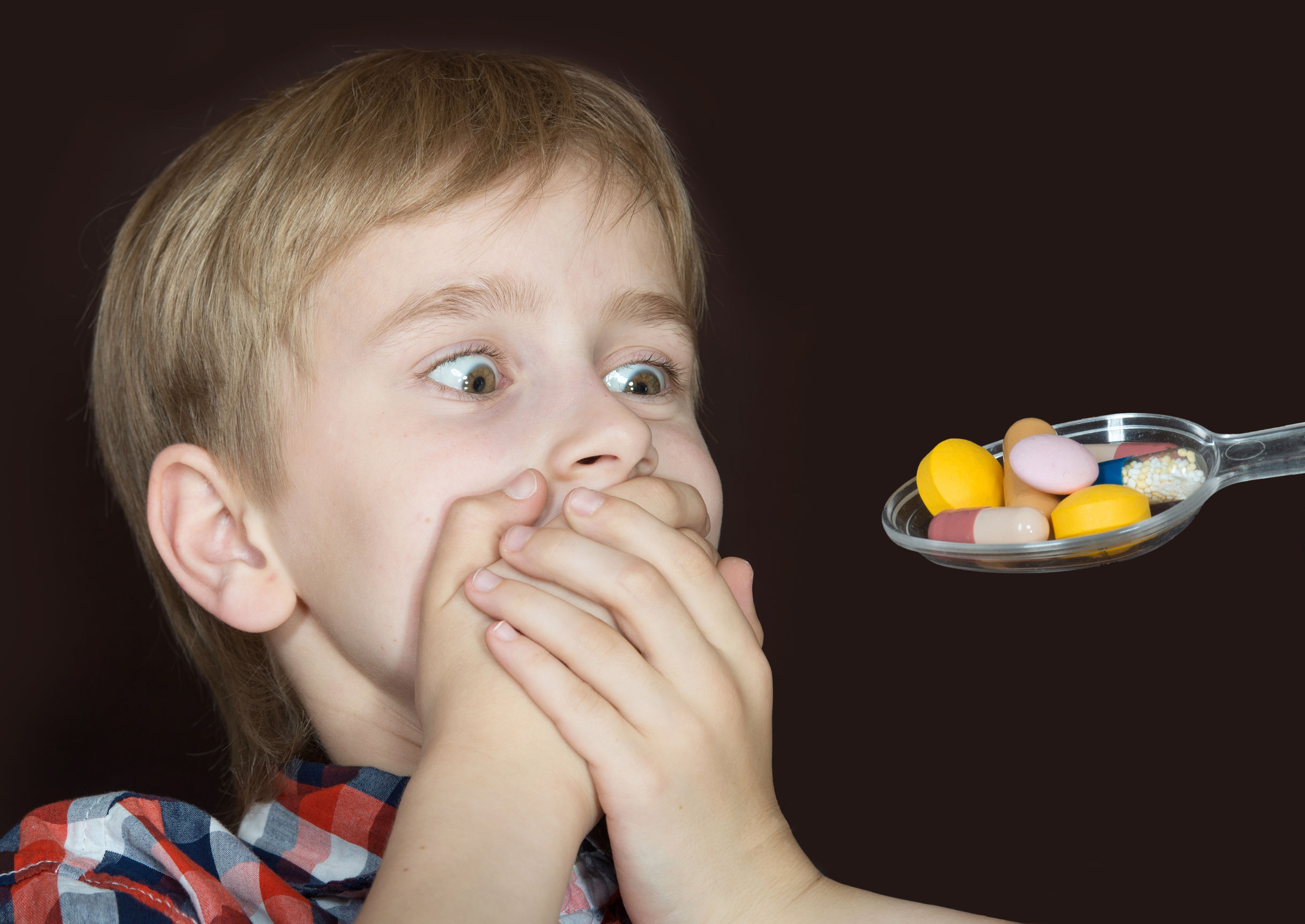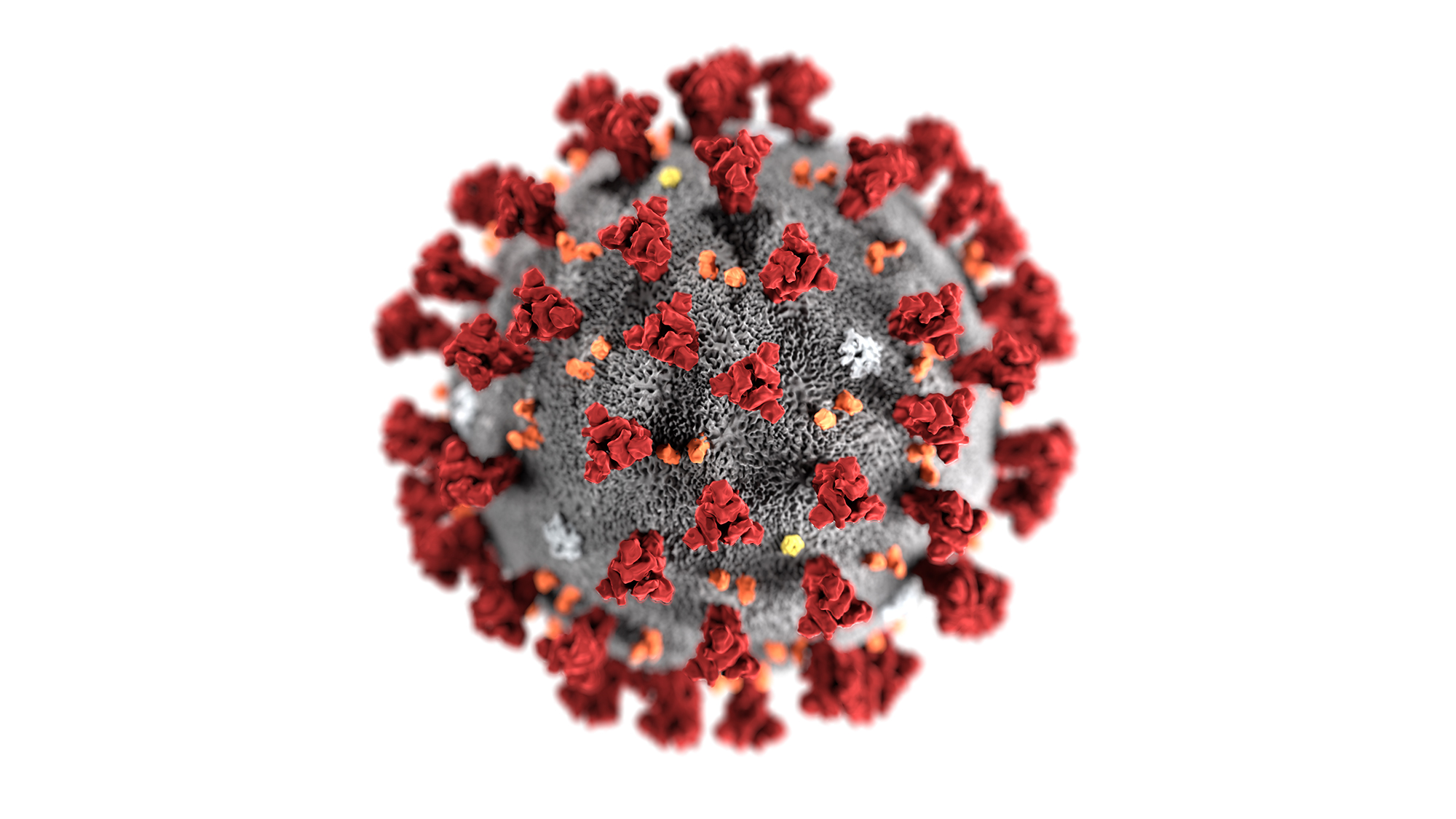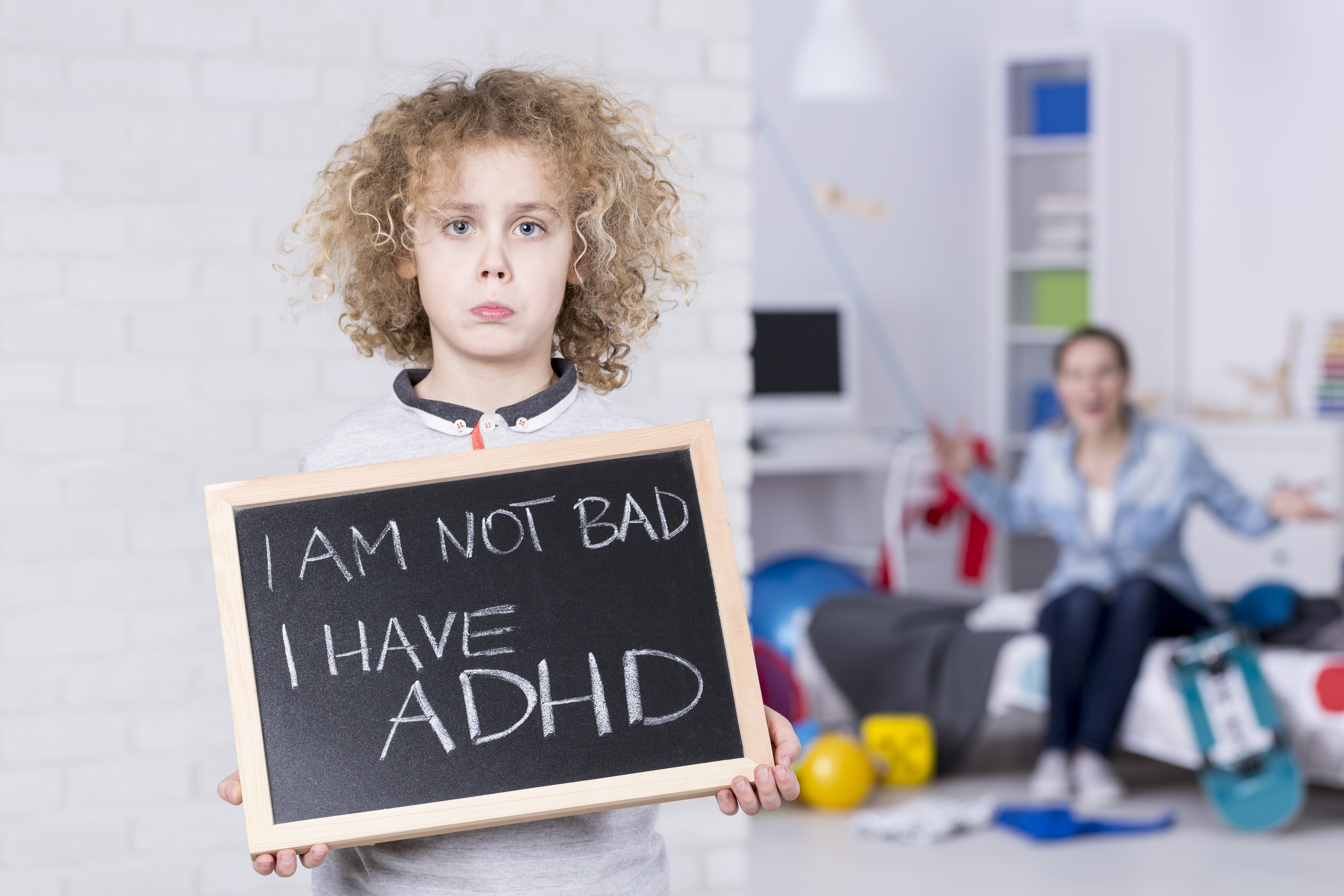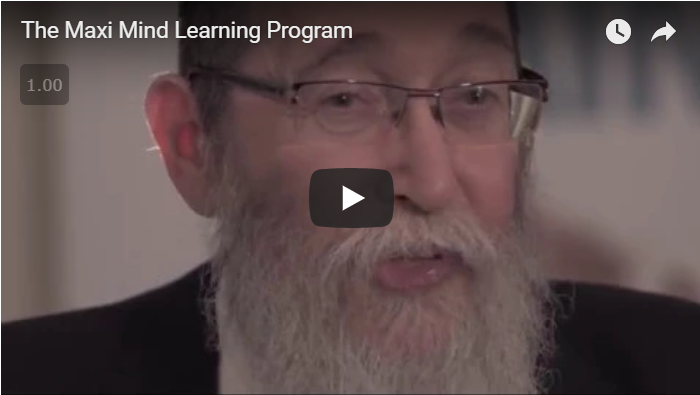
30512477 – boy refusing to take medicine on a spoon
In the last 30 years there has been a twentyfold increase in the consumption of drugs like Ritalin and Adderall for Attention Deficit Hyperactivity Disorder aka ADHD.
Over this time there have been many studies and even conflicting information to determine the positive benefits and side effects children experience while using ADHD medication.
It is important that parents try to understand the full picture of using meds to help their child with focus, attention, and behaviour issues so they are able to make an informed decision.
The Benefits of ADHD Medication
Many studies have shown that Attention-deficit drugs increase concentration in the short term. If a child is having trouble in school or at home, the drugs will typically have a rapid response and produce results.
The use of medication is also very easy to administer with very little effort required by either the parent or the child. The costs also appear to be relatively low usually at approximately $50.00 per month depending on the type and quantity of the medication, with some costing much more.
These are some of the main reasons why using ADHD medication can be beneficial. However this is not the complete picture. There are also many potential pitfalls to using ADHD medication.
Effectiveness is Short-lived
The same studies that showed a short term benefit to using ADHD meds also showed that when given to children over long periods of time, they neither improve school achievement nor reduce behaviour problems. To date, no study has found any long-term benefit of attention-deficit medication on academic performance, peer relationships or behavior problems
Moreover, the initial benefit decreased over time until the original prescription was no longer effective. To try to counter this, dosages are increased, or the brand or type of medication gets changed, and supplemental medications may be added to try to retain that initial short term improvement the child experienced.
The problem with this strategy is that it is not feasible to maintain. Costs increase and if medication is the only solution being implemented it may eventually become completely ineffective.
Side-effects to ADHD Medication
Even with the short-term benefit of medication one must also consider the many potential side effects of ADHD medication. This can include low appetite, stomach pain, headaches, moodiness, sleep problems, tics, and stunting growth.
Sometimes, it can lead to even more serious conditions like strokes, convulsions, hallucinations, depression, and suicide. To learn more about some of these side-effects you can read the article from the Toronto Star – ADHD Drugs Suspected of Hurting Canadian Kids
To Medicate or Not to Medicate
Every child will react differently to ADHD medication and its effectiveness and potential side-effects will vary as well. Whether or not ADHD pills are right for your child is a personal decision that every parent needs to make. If you do choose to use medication, it’s important for both parents and a local doctor to monitor the use of it and the effect that it is having.
Even if you choose the medical route to gain the short term benefits that many children see, the best long term results have come from children that are using several methods simultaneously to deal with their ADHD. This can include therapy, diet, and professionally designed and delivered brain training courses that improve focus and attention.






